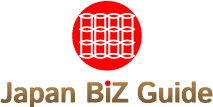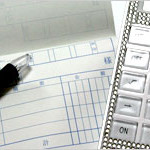Accounting in Japan
As accounting standards in the world is converging, Japanese generally accepted accounting principles (GAAP) are in the direction of harmonising with the other OECD countries, especially with IFRS. Japanese GAAP is written more prescribed by rules and the main difference is about fair value accounting, where the IFRS requires most items are subject to fair value valuations, Japanese GAAP requires only inventory in non-financial assets and full disclosures of financial assets are yet to be introduced.

Apart from Japanese GAAP, stock exchange listed companies can choose three other options to adopt, Designated IFRS, U.S. GAAP, and Japan’s Modified International Standards (JMIS).
Consolidated accounts are only required by listed companies and large businesses with share capital in excess of 500 million yen and debts in excess of 20 billion yen. In that case, subsidiary companies over 50% of shareholding are consolidated.
Accounting Software in Japan

For small and medium sized companies, popular accounting software are Kanjo-bugyo accounting (by OBIC Co.,Ltd) and Yayoi accounting (by YAYOI Co.,Ltd), Money Forward Cloud (by Money Forward Co.,Ltd) and FREEE accounting (by FREEE Co.,Ltd).
The functionalities of these accounting software are similar to commonly used accounting software in the UK, such as Sage 50, XERO and Quickbooks.
Our tips:
However, we do not take responsibility should there be any inaccuracies or incorrect information shown.
Please use your own judgement about what you read here – From the organisers of japanbizguide.com





